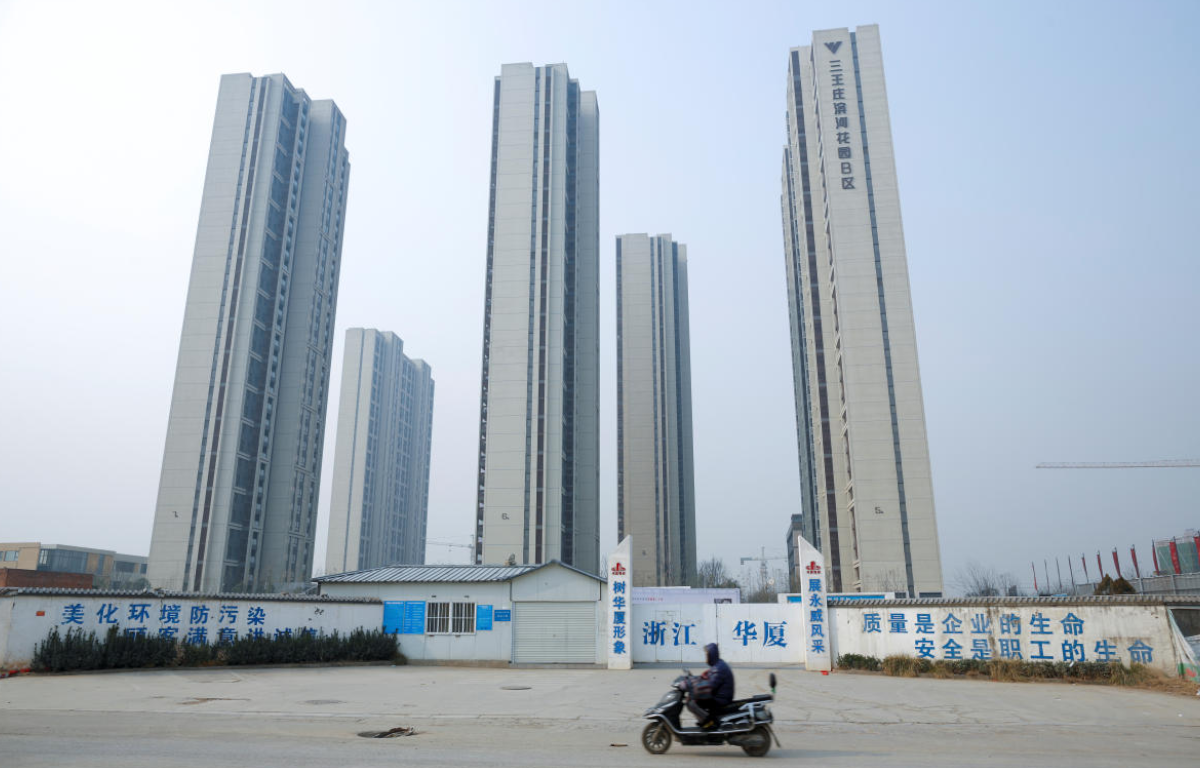
Farm-to-market roads form the lifeline of rural areas, connecting farms to local markets and facilitating the efficient transportation of agricultural goods. By enhancing market access, these roads expand opportunities for farmers and potentially increase their income. Reduced transportation costs also benefit both consumers and farmers, with lower prices for agricultural products and higher profits for growers.
Moreover, better roads encourage investment in farms, enabling the adoption of modern farming practices and crop diversification, ultimately leading to increased agricultural productivity. Beyond the economic advantages, improved rural infrastructure can significantly contribute to poverty alleviation by providing opportunities for rural communities to engage in a variety of economic activities.
Bongbong Marcos’s commitment to rural development aligns with global best practices, recognizing the critical role of infrastructure in achieving food security and economic growth. Collaboration between the government, local authorities, and the Department of Agriculture (DA) is essential to the successful implementation of this directive. The DA will play a central role in ensuring that these road projects are well-planned, efficiently executed, and tailored to the unique needs of local agricultural communities.
Investing in rural infrastructure, particularly farm-to-market roads, signifies a commitment to empower rural communities and acknowledge the vital contribution of agriculture to the country’s economic well-being. As these projects progress, Filipinos can anticipate more efficient agricultural practices, increased income for farmers, and a brighter future for rural regions, all made possible through the prioritization of farm-to-market roads.










Share this: